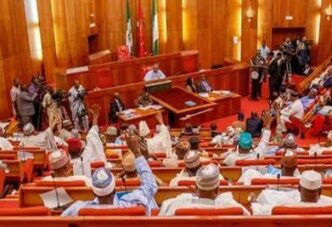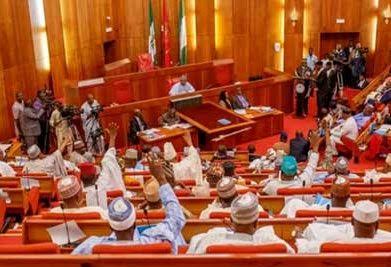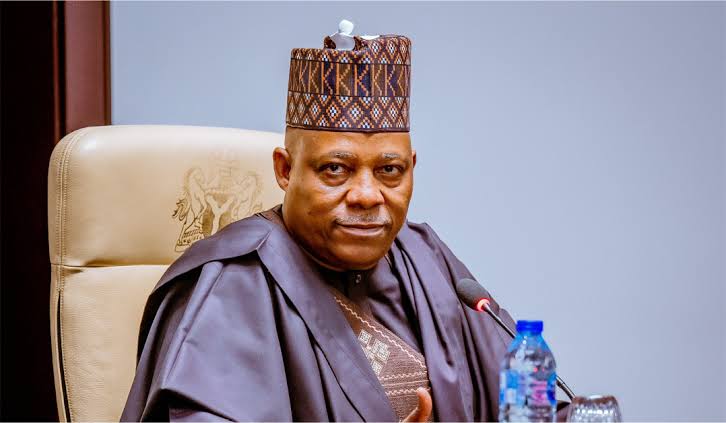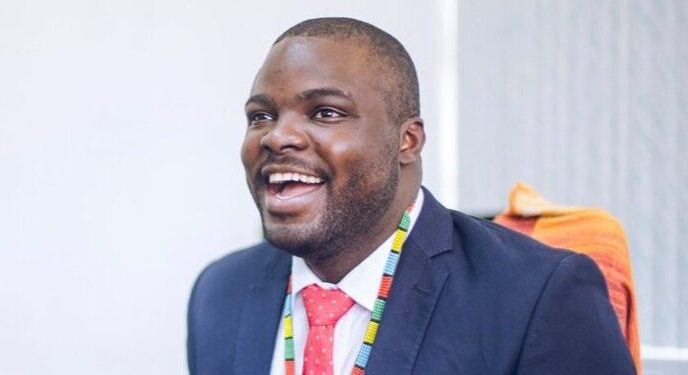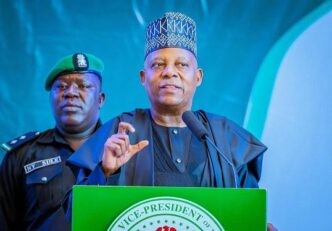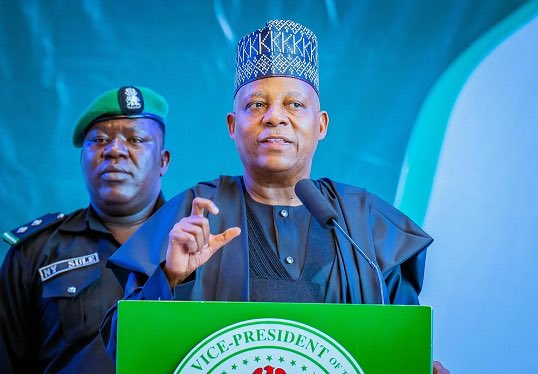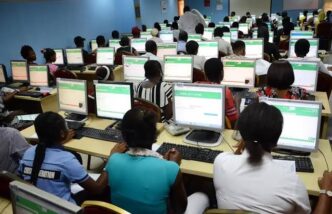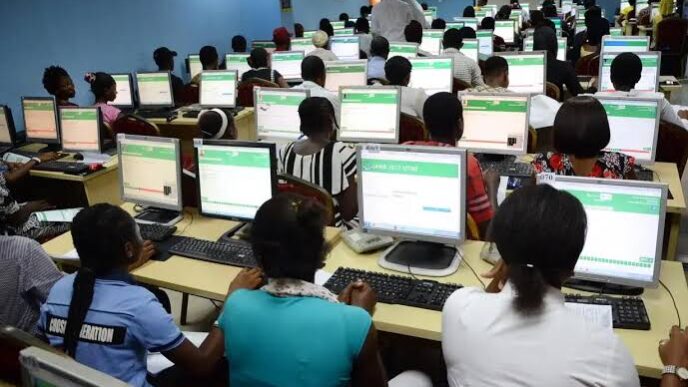The Nigerian Senate is preparing to debate a motion aimed at countering what it describes as misleading international portrayals of Nigeria’s security crisis as a “Christian genocide.”
Gatekeepers News reports that the motion, sponsored by Senator Mohammed Ali Ndume (Borno South), a former Senate Leader, is titled: “Urgent Need to Correct Misconceptions Regarding the Purported ‘Christian Genocide’ Narrative in Nigeria and International Communities.”
Co-sponsored by Senators Sani Musa (Niger East), Aliyu Magatakarda Wamakko (Sokoto North), and Ibrahim Bomai (Yobe South), the motion is expected to trigger a heated debate when plenary resumes.
In the draft motion obtained by The Guardian, Ndume argues that while Christian communities have indeed suffered tragic attacks, framing Nigeria’s insecurity as a religiously motivated campaign is inaccurate and dangerous.
“Mischaracterising the crisis in purely religious terms risks inflaming sectarian divisions, misguiding international policy, and undermining national unity,” the motion states.
According to Ndume, Nigeria’s complex security problems stem from terrorism, insurgency, banditry, communal clashes, and other forms of criminality that affect citizens of all faiths and regions.
The motion warns that oversimplified narratives gaining traction abroad—particularly in the United States Congress and Senate, where moves are underway to designate Nigeria as a “Country of Particular Concern” for alleged religious persecution—could have damaging diplomatic and reputational consequences.
Senate to Reject Genocide Label
The Senate is expected to adopt resolutions rejecting the “Christian genocide” label, describing it as a “dangerous oversimplification” of Nigeria’s multifaceted crises.
The motion also urges the Federal Government to develop a data-driven communication strategy, led by the Ministry of Foreign Affairs and security agencies, to counter misinformation with credible evidence.
Call for Responsible Messaging
The proposal further calls on religious leaders, civil society organisations, and the media to show restraint in their statements and reports to avoid inflaming sectarian tensions.
Foreign diplomatic missions—especially the US Embassy, international media, and human rights organisations—are urged to rely on balanced and verifiable sources in assessing Nigeria’s security and religious freedom landscape.
Coordinated National Response
The motion tasks relevant Senate committees, including Foreign Affairs, National Security and Intelligence, and Information, to collaborate with the executive arm of government on a coordinated national communication framework.
It also recommends engaging U.S. lawmakers, international partners, and diaspora groups through briefings and publications while promoting interfaith peacebuilding and national unity.
Ndume’s motion further stresses the need for the Federal Government to ensure justice for all victims of violence, regardless of religious background, to combat impunity and rebuild public trust.
The debate comes amid rising diplomatic scrutiny of Nigeria’s human rights and religious freedom record. Advocacy groups in the West have intensified campaigns depicting Nigeria as increasingly hostile to Christians—a perception Ndume and his co-sponsors are seeking to challenge.
As the motion notes, Nigeria’s 1999 Constitution guarantees freedom of religion and equal protection under the law—principles the Senate insists must not be undermined by “sensational or biased portrayals.”
The upcoming Senate debate is expected to be a key moment in shaping how Nigeria presents its internal security challenges to the global community.

